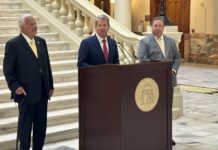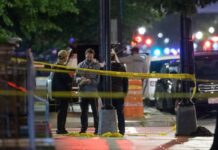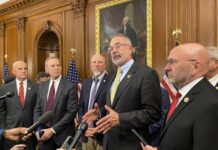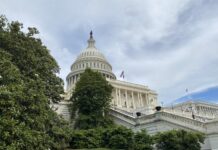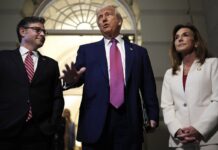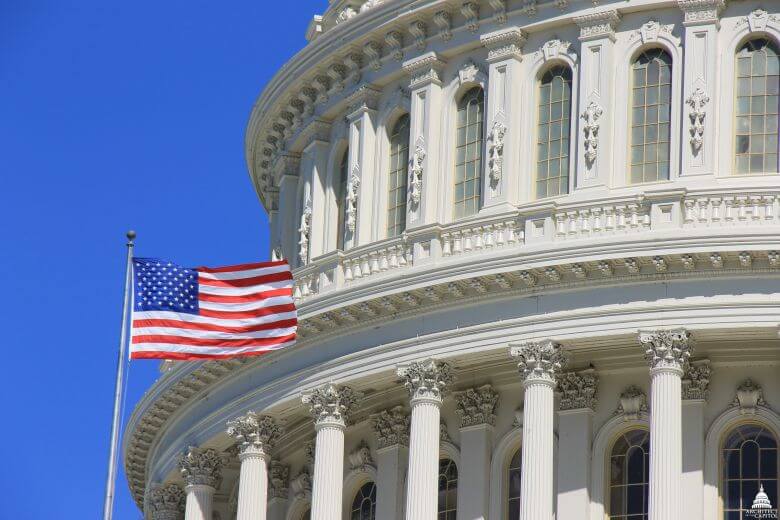
U.S. Rep. Rick Allen introduced legislation Thursday that would block federal education funds for any school “that does not provide an option for students to attend classes, safely and in-person, at the beginning of [the 2020-2021] school year.”

During a U.S. House subcommittee hearing on the challenges that face schools as they decide how to resume operations this fall, the Georgia Republican noted that the American Academy of Pediatrics has called for the reopening of schools because of the benefits of having children physically present in school.
But one of the authors of that policy, Colorado pediatrician Sean O’Leary, said that didn’t necessarily mean that all schools should automatically resume five-day-a-week in-person schedules, because the spread of COVID-19 in many places is so rampant.
“While the AAP urges those areas to maintain in-person learning as the goal, our guidance recommends that jurisdictions utilize distance learning strategies until cases decline,” he said.
O’Leary said the AAP recommended that Congress spend $200 billion in a new coronavirus aid package to help schools open this year, so that they could handle additional expenses for safe busing, widespread use of technology, protective equipment and mental health counseling for students.
And, he stressed, that money should not be tied to whether individual school districts offer in-person instruction in the fall.
“Money must be available to all schools regardless of their timeline for reopening,” O’Leary told members of the Early Childhood, Elementary and Secondary Education Subcommittee. “Schools in areas with high rates of COVID-19 spread may need to consider delaying a return to full-time in-person instruction, and these schools will need the same or greater federal investments, not less.”
Leslie Boggs, the president of the National PTA, also urged Congress to allow school districts to make decisions about reopening on their own, in consultation with the schools’ parents.
“Reopening of our nation’s pre-K-12 schools during the COVID-19 pandemic is vital to ensure the continuity of education. However it should not outweigh the safety and the mental and physical health of our students, educators, staff and families,” she said.


